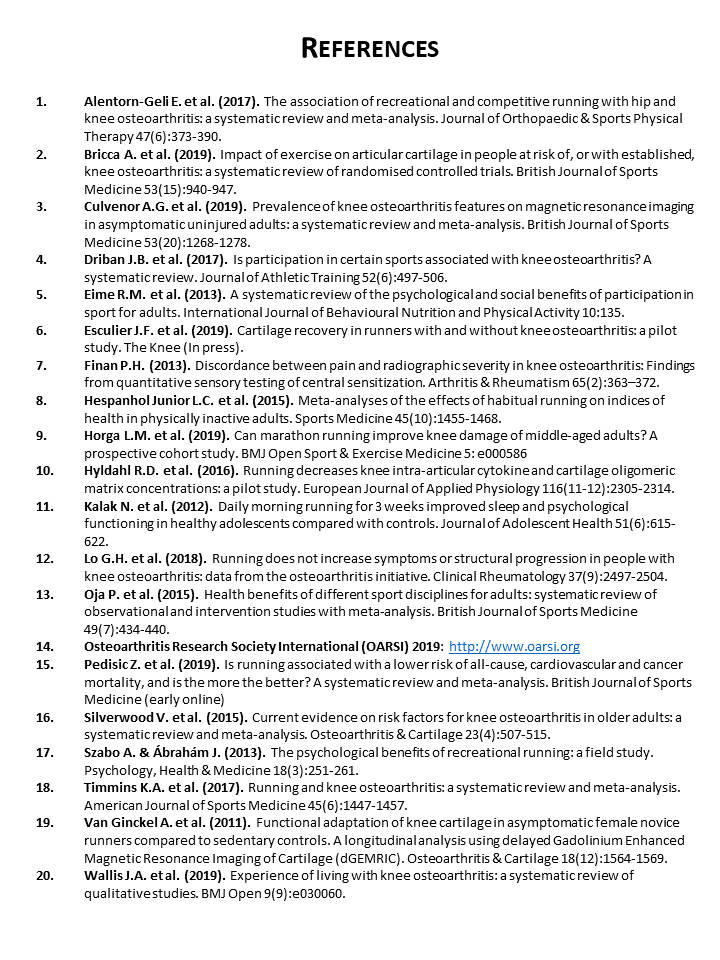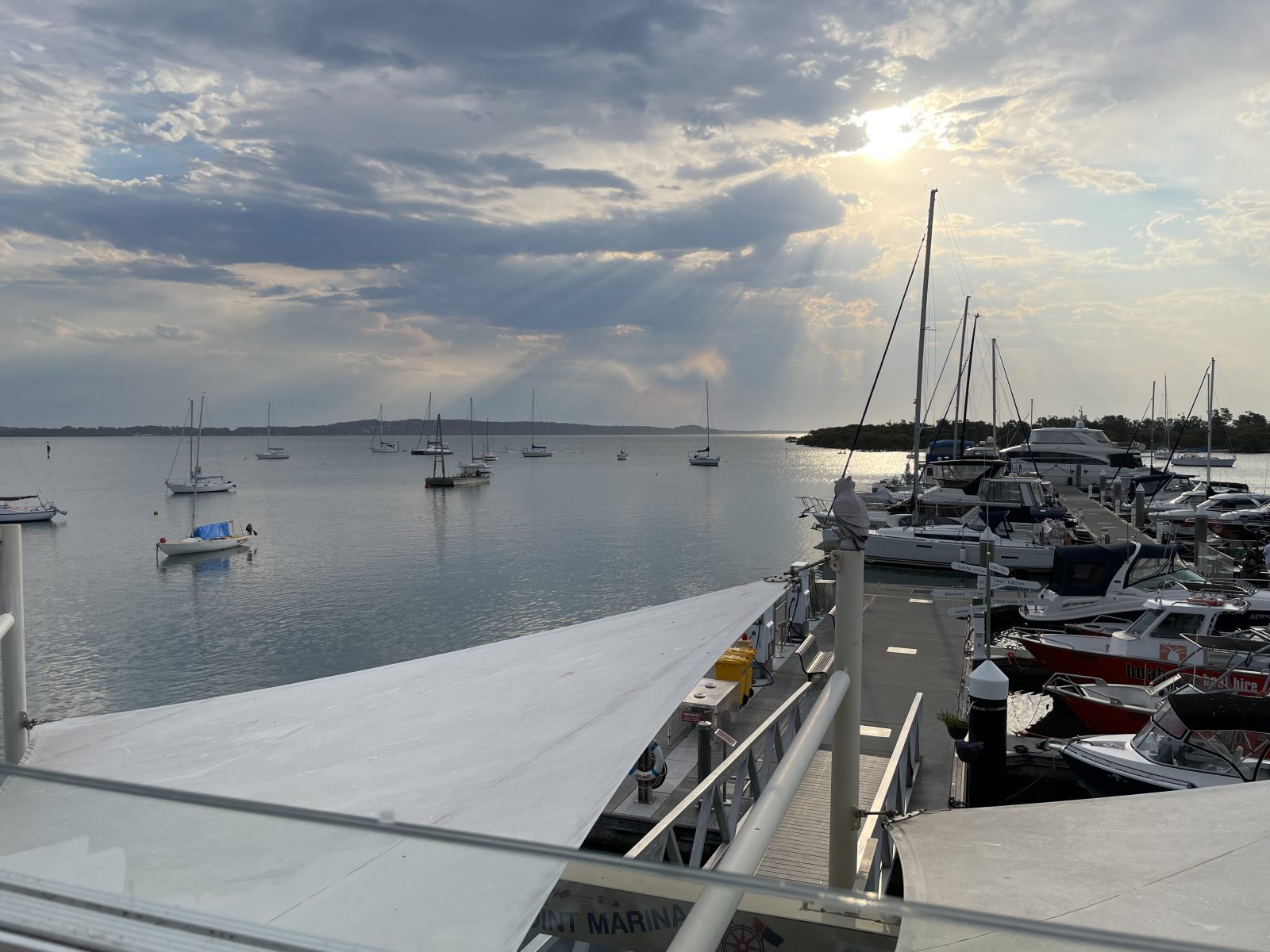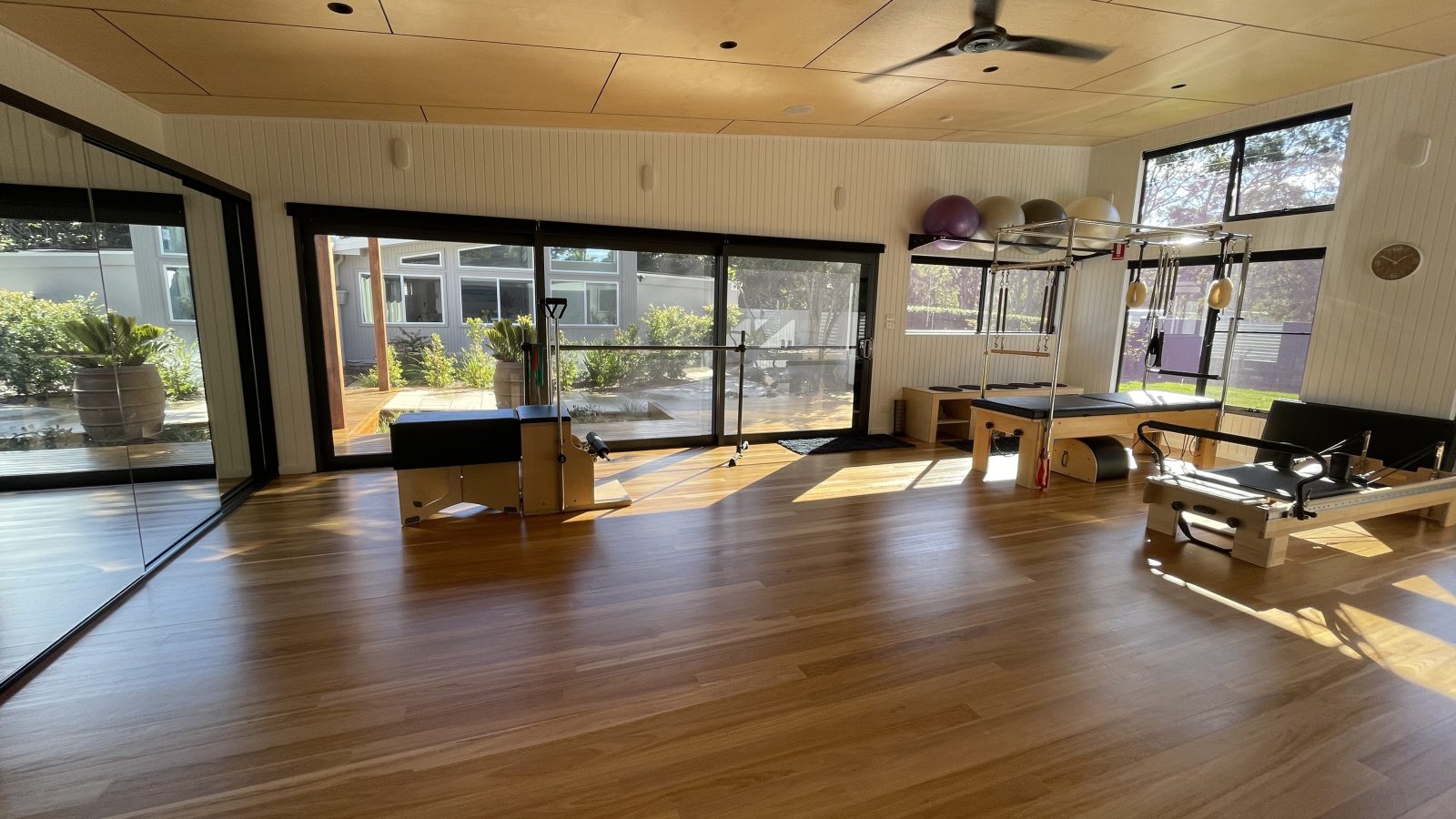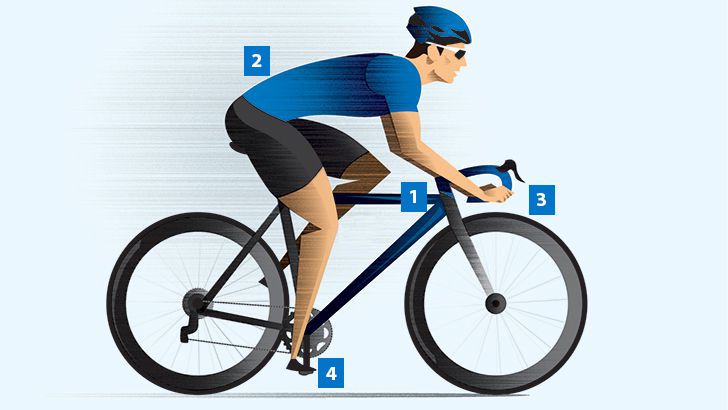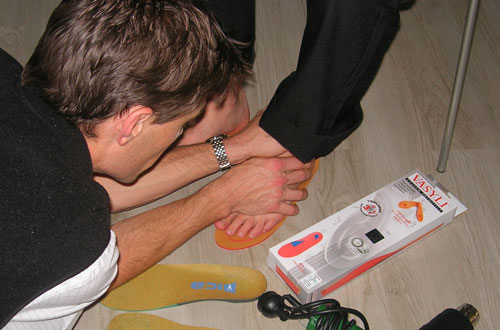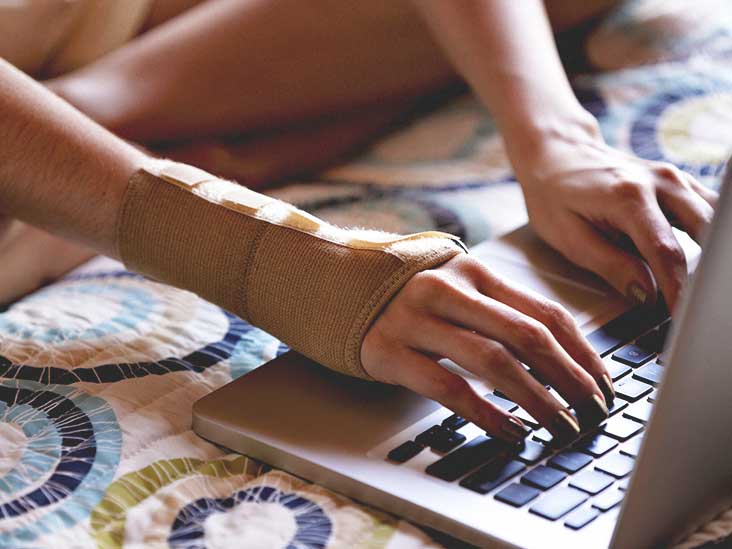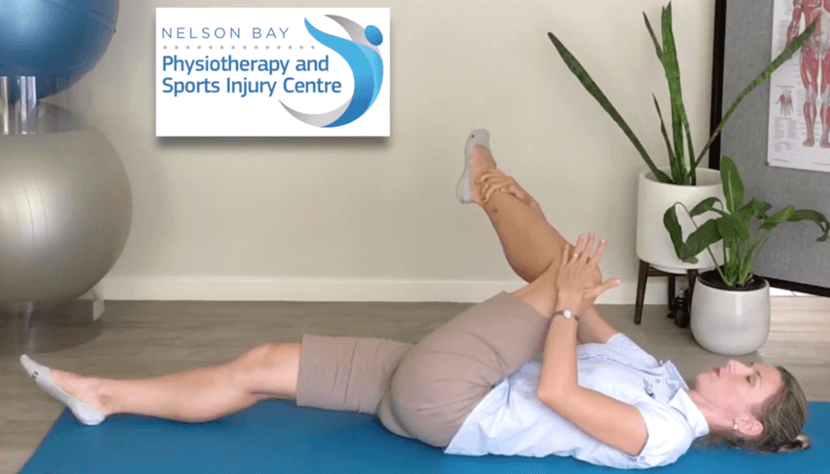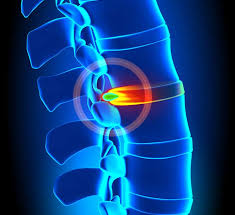Childhood musculoskeletal growth pain: physiotherapy can help
Growing pains are common among children. As many as one in five children experience some degree of this real, but quite harmless muscular pain during early years. Growing pains are most prominent between the ages of three to five and eight to eleven. The most common complaints include limb pain that has started for no real reason.
Sometimes pain may occur after exercise, but this is not always the case as children often experience just as much discomfort without any physical activity. In most cases, growing pain usually ceases by mid-adolescence.
Symptoms
Most children tend to experience pain in the legs, particularly the thighs, calves and behind the knee. Arm pain is far less common and pain does not tend to change with movement.
Pain episodes can occur as frequently as nightly through to weekly or monthly. Complaints of pain are most common in the late afternoon and evening and can often affect the child’s sleep with pain usually gone by morning.
Normal daily activity is typically unaffected, with pain during the day being fairly uncommon. Children may also experience other forms of discomfort such as headaches or abdominal pain during an episode of growing pain.
What can you do?
The diagnosis of growing pain is one of elimination. Growing pain will not normally stop your child from walking or running and will not make them feel unwell. If they are limping, avoiding activity, are generally unwell or have pain in only one limb or joint it is possible that they may have a more serious injury or illness that should be investigated.
Although there is no ‘cure’ for growing pain, managing the short term discomfort is relatively easy with the following simple strategies:
• reassure your child that the pain will go away and that they will feel normal by morning
• a warm heat pack or warm bath can ease the discomfort by relaxing affected muscles
• gently massaging the painful area can relax the child and help with the pain
• simple analgesics such as paracetamol can also help.
What can physiotherapy do?
Some specific musculoskeletal conditions that occur during growth spurts include:
- Osgood-Schlatter’s disease in the knee and
- Sever’s disease in the heel.
There are some other more serious conditions that can mimic the symptoms of growing pain, such as infections, viruses and juvenile arthritis. It is therefore important to have your child assessed by a physiotherapist to rule these out.
Once your child has been cleared of other conditions and a diagnosis of growing pain has been made, a physiotherapist can assist with managing your child’s pain while eliminating other pain factors:
- Analysing child biomechanics: If your child sits, stands, walks or runs awkwardly, they may be placing unnecessary stress on their muscles. By identifying characteristics such as tight muscles, flat feet and knock knees, your physiotherapist can tailor a treatment plan. This may include massage, stretching, strengthening and advice about appropriate footwear which will help minimise the load placed on already painful areas.
- Muscle fatigue: If there is a close relationship between extra activity and complaints of pain, your physiotherapist can formulate a strategy to prevent ‘overdoing it’ during the day. This might include short rest breaks or activities like reading and drawing between more intense sporting activities.
- Emotional distress: There can sometimes be a psychological component to growing pain. A physiotherapist can reassure you and your child that the pain will ease and there will be no lasting damage caused by the pain.
Courtesy of Australian Physiotherapy Association

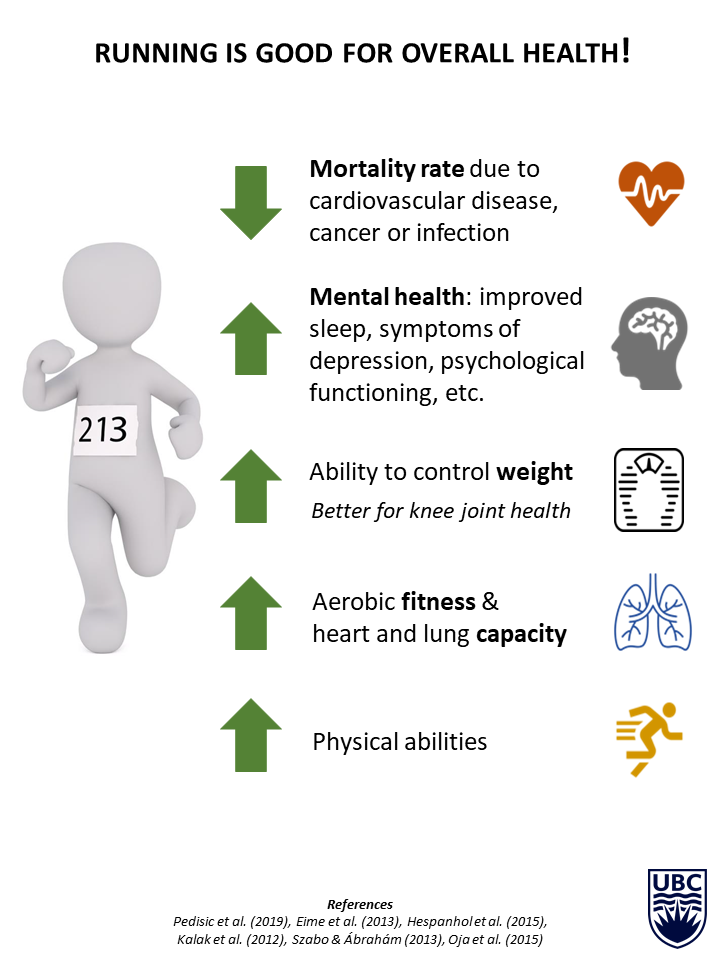
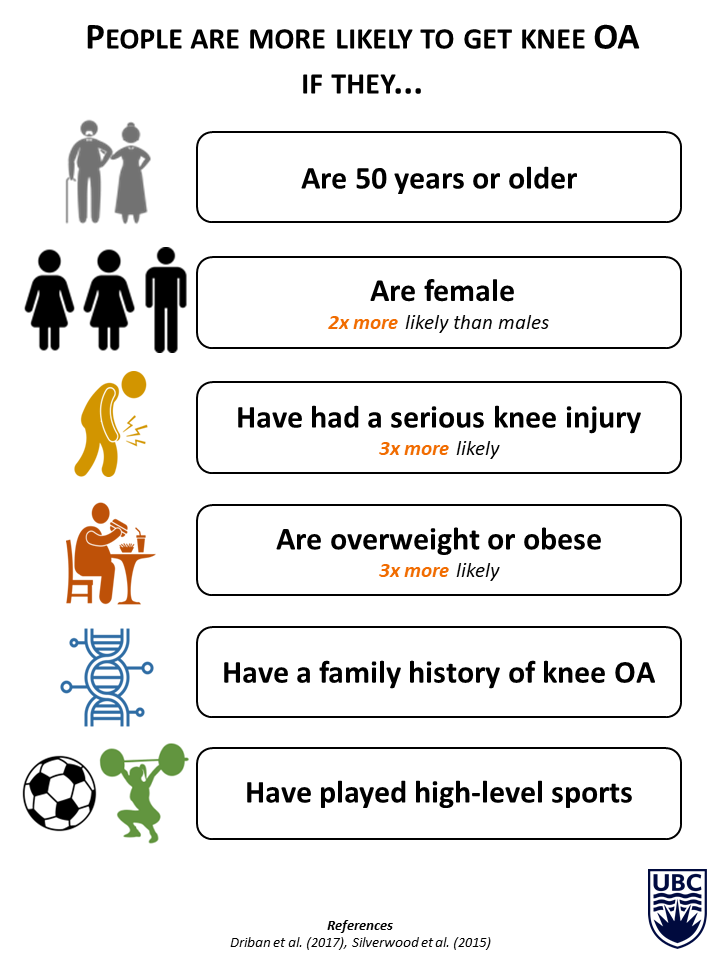
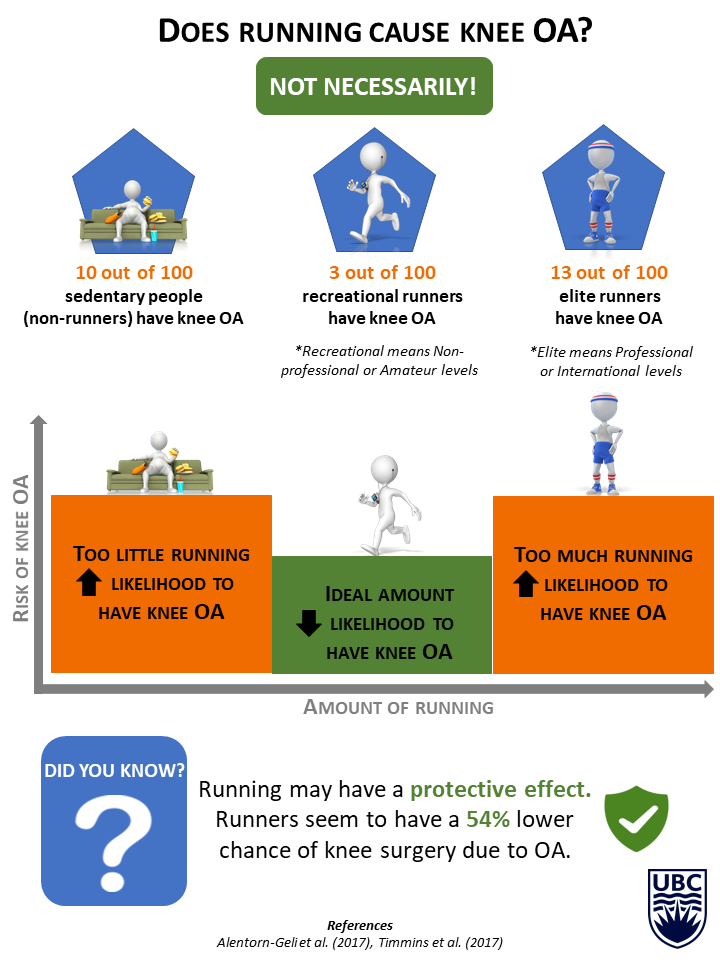
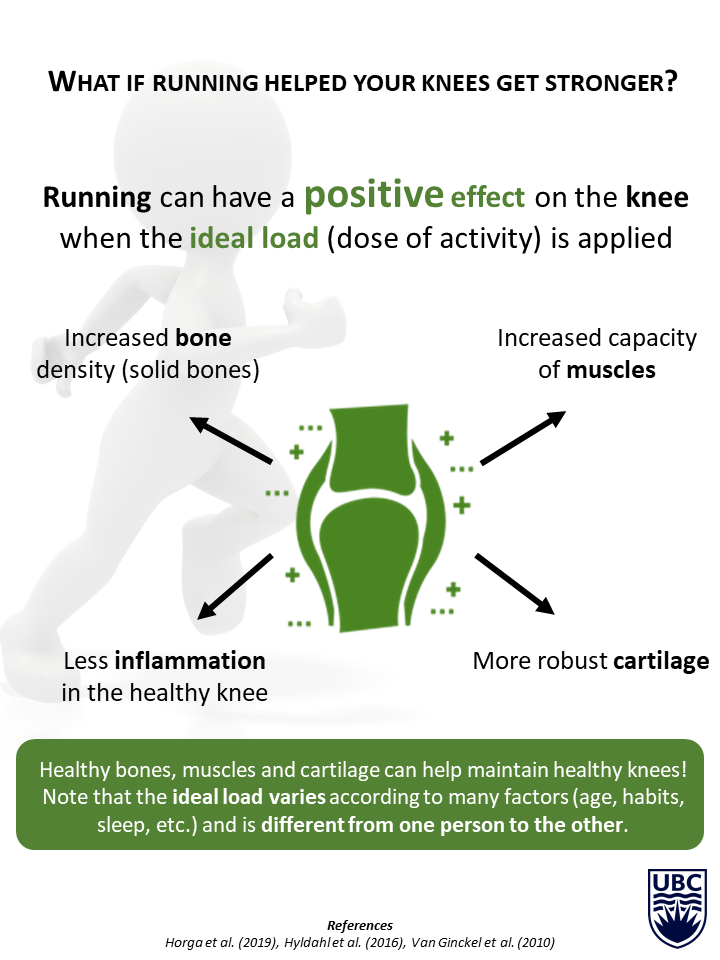
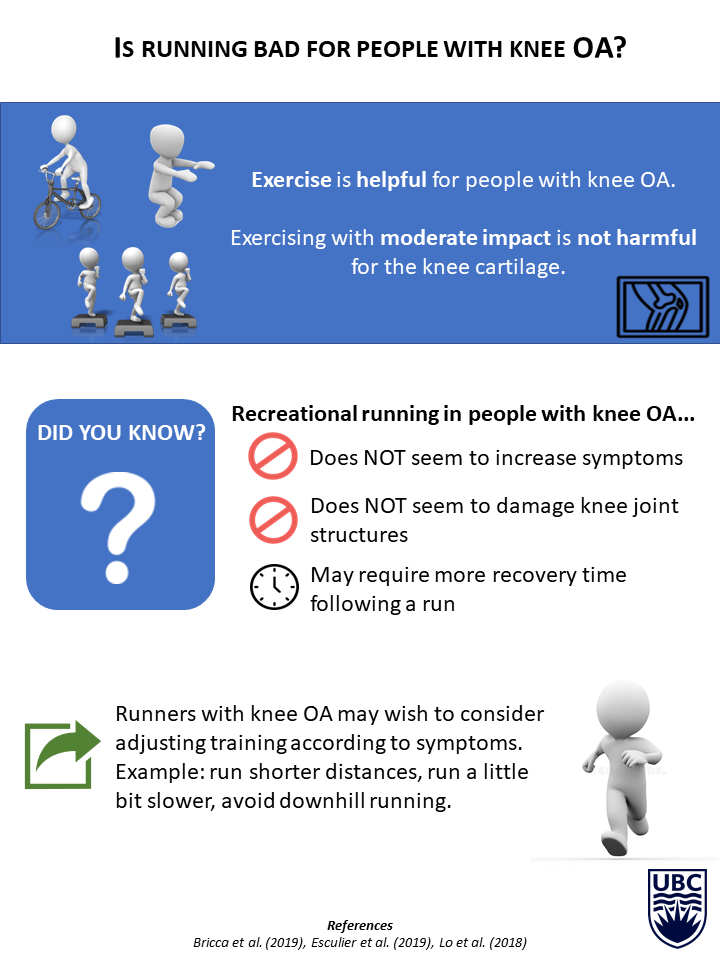
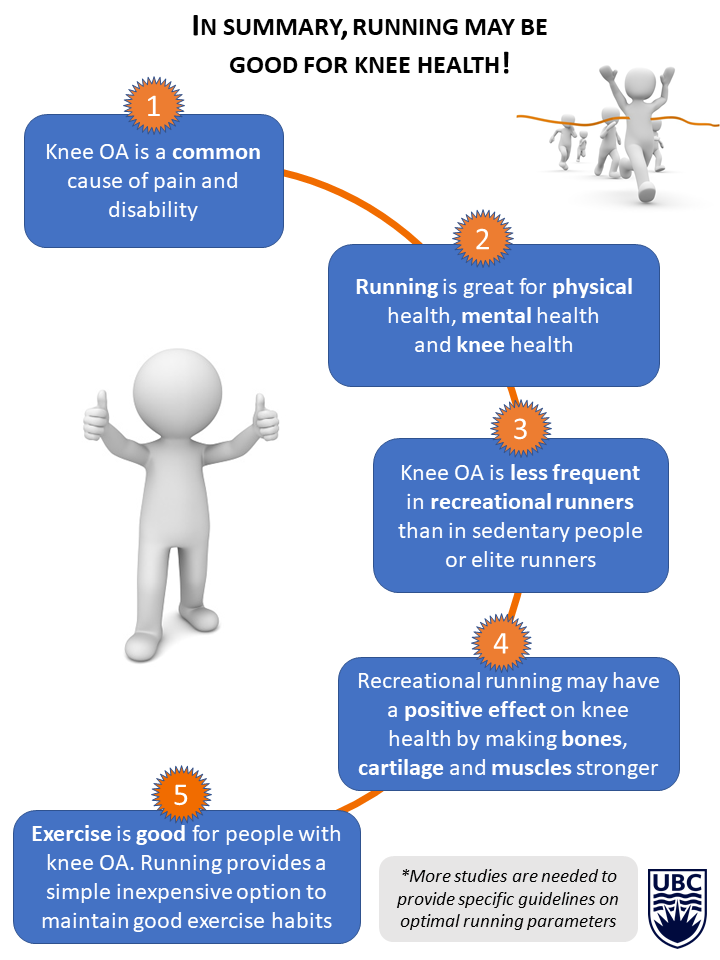 So maybe when we think about all that running we did when we were young and playing sport and how this “wore my knees out”, it might just be that it was the following many, many years of NOT running where the knees developed their arthritis!!!!!!!
So maybe when we think about all that running we did when we were young and playing sport and how this “wore my knees out”, it might just be that it was the following many, many years of NOT running where the knees developed their arthritis!!!!!!!